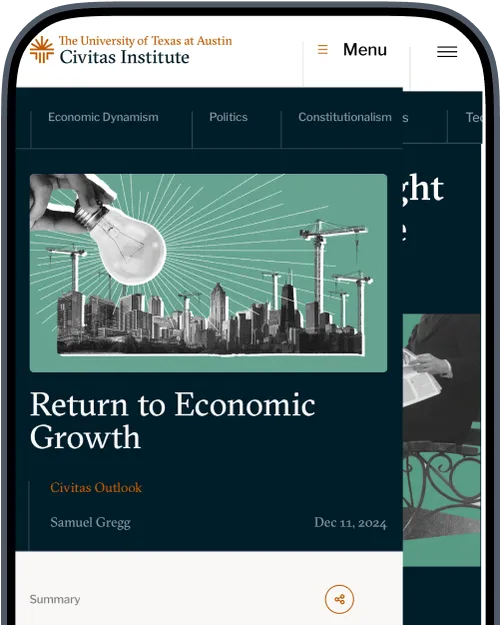
What is an Establishment of Religion? And What Does Disestablishment Require?
Vincent Phillip Muñoz reviews Agreeing to Disagree: How the Establishment Clause Protects Religious Diversity and Freedom of Conscience by Nathan S. Chapman and Michael W. McConnell.
Strange as it may seem, as of this writing (Summer of 2023), it is not exactly clear what the Establishment Clause prohibits. In Kennedy v. Bremerton School District (2022), the Supreme Court announced that the “Lemon” and “endorsement” tests had been “abandoned,” meaning, presumably, that the federal judiciary should no longer utilize these “wall of separation” doctrines.[2] But it did not clarify the rule or test judges should use in future Establishment Clause cases. Instead, the Court resolved the question of whether a public school’s football coach could pray on the field after games using the Free Exercise and Free Speech Clauses.[3]
Given the unsettled state of Establishment Clause jurisprudence, Nathan Chapman and Michael McConnell’s new book, Agreeing to Disagree: How the Establishment Clause Protects Religious Diversity and Freedom of Conscience, is especially well-timed. And its argument is especially well-suited to the current moment. Agreeing to Disagree explores the Establishment Clause’s meaning in light of history and tradition, the current Supreme Court majority’s preferred mode of engagement.[4] In their own way, moreover, Chapman and McConnell appeal to diversity and inclusion—two of the reigning ideals of elite opinion. The book’s breadth, levelheadedness, and accessibility is commendable, and the prominence of its authors—Chapman is the Pope F. Brock Associate Professor of Professional Responsibility at the University of Georgia School of Law and McConnell is the Richard and Frances Mallery Professor and Director of the Constitutional Law Center at Stanford Law School and perhaps the nation’s most distinguished church-state legal scholar—ensure the book’s influence. Some originalists, however, will have reservations about the book’s methodology, and some of the authors’ historical claims extend beyond the available evidence. Nonetheless, Agreeing to Disagree is likely to become a particularly important guide as the Court develops its next phase of Establishment Clause jurisprudence.
Read Full Paper at Constitutional Commentary
This paper was originally published by the University of Minnesota Law School's Constitutional Commentary journal.
Constitutionalism

Trump's Immigration Agenda and the Constitution
The Trump administration may be able to resort to new, untried legal tactics to overcome resistance.

The Case Against Birthright Citizenship
No one at the time or now has advanced a coherent explanation as to why birthright citizenship is desirable as a matter of principle.






.webp)


